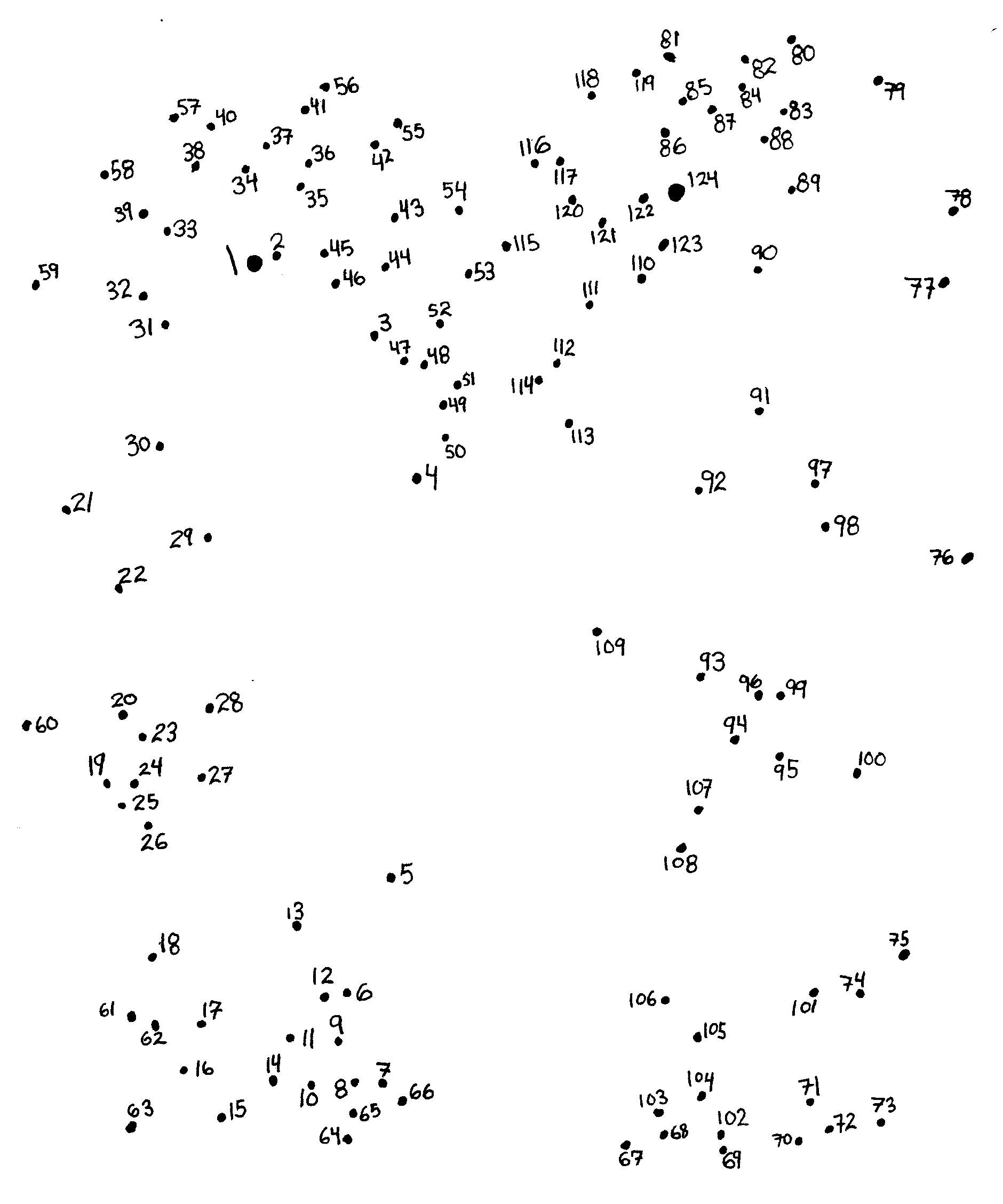by Andrew Flake
Certain cases can be useful because of their technical guidance; they address nuts-and-bolts issues. In the international arbitration realm, one of those issues is the process of taking an arbitration award and getting it confirmed, or converted into an enforceable judgment.
Considering an issue of first impression, the Second Circuit recently held that under the New York Convention, an application to confirm a foreign arbitration award does not need to be served again, with a summons, in the same manner as an original complaint.
Here’s the background: CME, a commodities-trading company, asserted claims in arbitration against Ferrominera, a Venezuelan mining company, concerning unpaid invoices and fees associated with shipment of iron-ore. After a three-arbitrator maritime arbitration panel found for CME, issuing an award in excess of $12 million with post-award interest, CME brought an action in the Southern District of New York to confirm the award, a request the district court granted.
On appeal, acknowledging that the matter was governed by the New York Convention, Ferrominera asserted a host of arguments. One of them, the one of interest here, was that Ferrominera had not been served with the confirmation papers. In other words, Ferrominera suggested that CME should have created a Rule 4-type summons and had personal service effected, just as if it were filing a normal complaint for damages against Ferrominera in the first instance.
The Second Circuit wasn’t buying it. The panel began with a reminder of the special and streamlined nature of a New York Convention confirmation case:
An application to confirm a foreign arbitral award “ ‘is a summary proceeding that merely makes what is already a final arbitration award a judgment of the court.’ ” Yusuf Ahmed Alghanim & Sons v. Toys “R” Us, Inc., 126 F.3d 15, 23 (2d Cir. 1997) (quoting Florasynth, Inc. v. Pickholz, 750 F.2d 171, 176 (2d Cir. 1984)). “The review of arbitration awards is ‘very limited … in order to avoid undermining the twin goals of arbitration, namely, settling disputes efficiently and avoiding long and expensive litigation.’ ” Yusuf Ahmed Alghanim & Sons, 126 F.3d at 23 (quoting Folkways Music Publishers, Inc. v. Weiss, 989 F.2d 108, 111 (2d Cir. 1993)). That review is “extremely deferential” to the findings of the arbitration panel. Porzig v. Dresdner, Kleinwort, Benson, N. Am. LLC, 497 F.3d 133, 139 (2d Cir. 2007).
While Chapter 2 of the FAA does not lay out rules for service of process as such for foreign awards, it does incorporate Chapter 1 concerning domestic awards, including service of process rules. Specifically, Section 9 recites that where the adverse party does not reside in the district, “the notice of the application shall be served by the marshal of any district within which the adverse party may be found in like manner as other process of the court.” The emphasis, including on the word “notice,” is the court’s.
So what is “in like manner as other process of the court”? For Ferrominera, it meant Rule 4 of the Federal Rules of Civil Procedure. Its argument was “connect the dots”: Rule 81, points to Rule 4, and in the case of a foreign state or its agency or instrumentality, Rule 4 references the Federal Sovereign Immunities Act, which then provides for notice in various forms by “summons and complaint.”

Image via Wikimedia Commons, Whitney Waller, CC BY-SA 2.0 https://creativecommons.org/licenses/by-sa/2.0,
Not convinced, the Second Circuit traced a very different set of “dots.” To begin with, it noted that under Rule 81, the FSIA only gets pulled in if the FAA does not otherwise provide a procedure. In this case, the FAA discussed “notice” — not of a complaint, because confirmation of an award does not involve a new complaint — only of an “application” to confirm. Additionally, the FAA’s cross-referencing is for the “how” of service, its manner, not the “what,” or the documents actually noticed.
And this only made sense to the Court of Appeals: “Given the summary nature of confirmation proceedings, it is unsurprising that the FAA would require only service of notice of an application as opposed to service of a full summons and complaint.“
The ship charter at issue in the case incorporated the arbitration rules of the Society of Maritime Arbitrators, Inc., which in turn allowed a variety of means of notice including “by mail addressed to such party or counsel at their last known address.” CME counsel had mailed a copy of the application to counsel for Ferrominera and to the company itself at its last known Venezuelan address.
Apart from the technical answer, useful to counsel in preparing their applications to confirm, I can’t help thinking there’s also a lesson here about choosing arguments. Ferrominera had several different bases for its appeal, each of which it argued fully. Was the notice issue really the most compelling? Practically speaking, it had clearly received notice of the application, as it appeared and made all of its other arguments. So the claim that it needed to be served, under the circumstances, might have felt less compelling to the Court of Appeals.
Without diving into the record more, we can’t make a full assessment. Still, the choice of a weaker argument can seem sometimes to spill over, diluting the strength of different and better positions. In selecting arguments on appeal, it is almost always quality, and not quantity, that are the most important.
[The case is Commodities & Minerals Enterprise Ltd. v. CVG Ferrominera Orinoco, C.A., 2022 WL 4661845 (2d Cir. decided Oct. 3, 2022).]